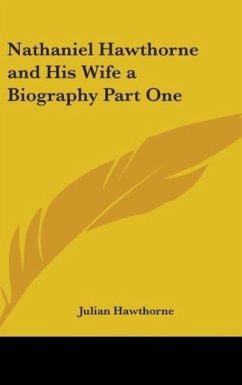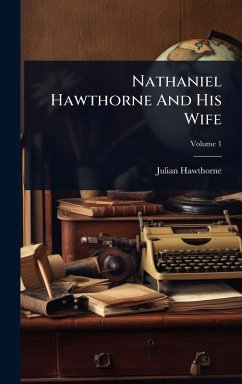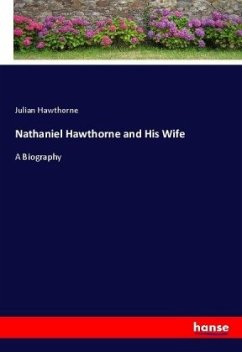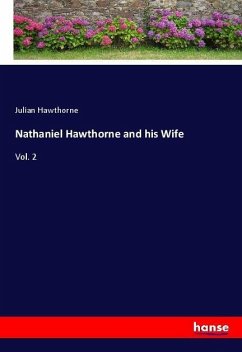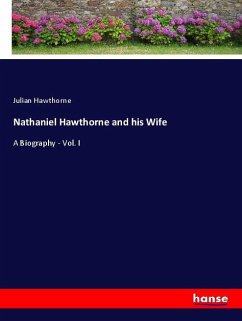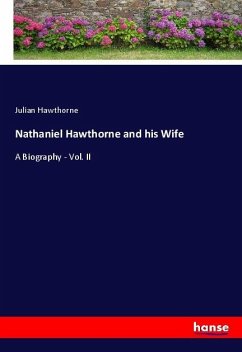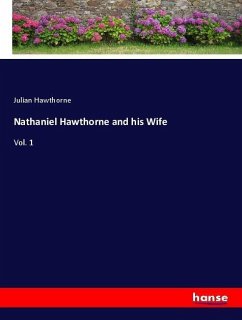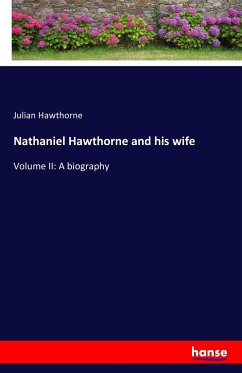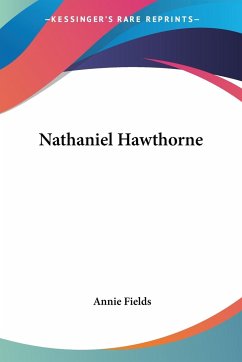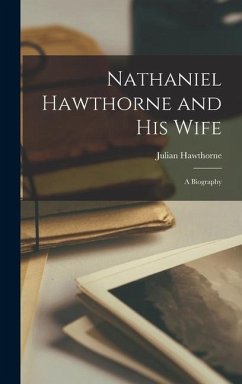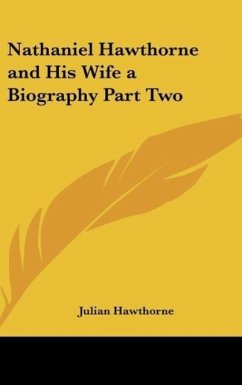
Nathaniel Hawthorne and His Wife a Biography Part Two
Versandkostenfrei!
Versandfertig in 1-2 Wochen
42,99 €
inkl. MwSt.

PAYBACK Punkte
21 °P sammeln!
1885. Part Two of Two. Author, journalist, and editor Julian Hawthorne was the only son of the eminent U.S. writer Nathaniel Hawthorne and Sophia Peabody Hawthorne. His intimate portrait of his parents is judged by some as the definitive biography of Nathaniel Hawthorne. Contents: First Months in England; From the Lakes to London; Mrs. Blodgett's, Lisbon, London; Eighteen Months before Rome; Donati's Comet; Rome to England; The Marble Faun; The Wayside and the War; and The Beginning of the End. See other titles by this author available from Kessinger Publishing. Other volumes in this set are I...
1885. Part Two of Two. Author, journalist, and editor Julian Hawthorne was the only son of the eminent U.S. writer Nathaniel Hawthorne and Sophia Peabody Hawthorne. His intimate portrait of his parents is judged by some as the definitive biography of Nathaniel Hawthorne. Contents: First Months in England; From the Lakes to London; Mrs. Blodgett's, Lisbon, London; Eighteen Months before Rome; Donati's Comet; Rome to England; The Marble Faun; The Wayside and the War; and The Beginning of the End. See other titles by this author available from Kessinger Publishing. Other volumes in this set are ISBN(s): 1417942304.



